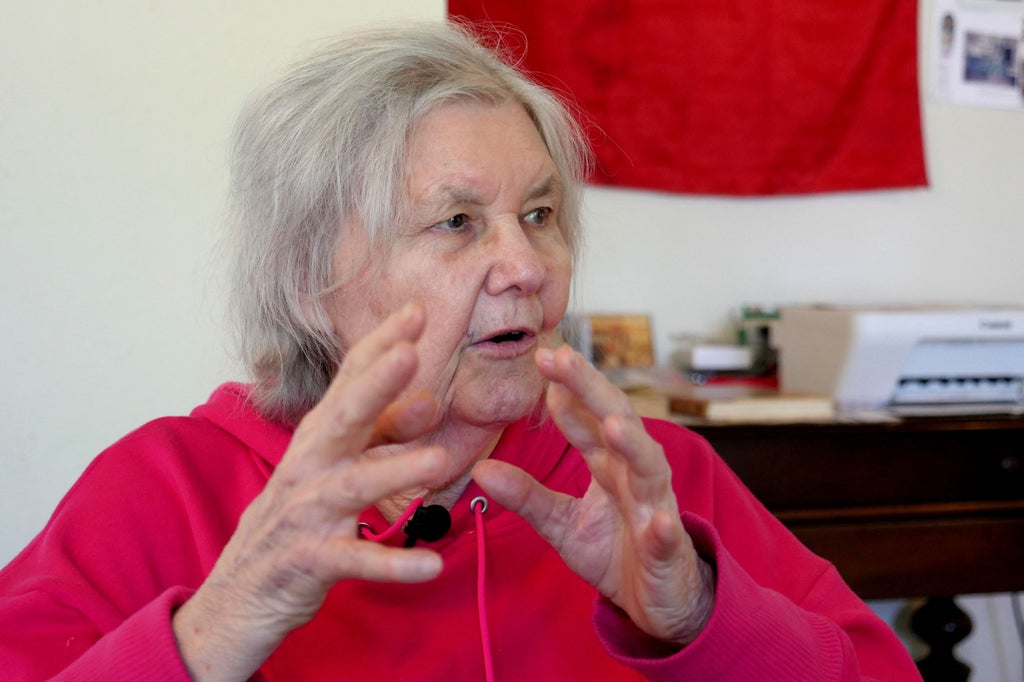
A lawyer who was part of the legal team that won the Roe v Wade case in 1973 has expressed concern about women’s rights in the country after a leaked draft ruling of the Supreme Court revealed an opinion to overturn the landmark judgement.
Last week, Politico reported on a leaked draft decision suggesting the Supreme Court was aiming to overturn the law later this year. Five of the nine Supreme Court justices agreed with the decision authored by Justice Samuel Alito.
Three of the justices who agreed — Justices Brett Kavanaugh, Amy Coney Barrett, and Neil Gorsuch — told Congress that they would uphold Roe v Wade as a precedent during their confirmation hearings, leading to calls from the public and some lawmakers that the justices lied under oath.
The news of the likely overturning of Roe v Wade has set off protests across the country, including outside the home of Mr Kavanaugh.
Linda Coffee, 79, won the Roe v Wade case along with her legal partner Sarah Weddington in 1973, securing abortion rights for women in the US.
If the Supreme Court were to publish this opinion, it would be “awful”, Ms Coffee told AFP.
“I think that’s going to be awful,” she said. “It’s going to cost a lot more for people that don’t have good healthcare or just the poor. They can’t go to another state. A lot of people can’t afford the airplane.”
The Roe v Wade case revolved around Norma McCorvey – known for the purposes of the proceedings as “Jane Roe” – who became pregnant with her third child in Texas in 1969 but was unable to access abortion care after it was banned in her state in all instances but to “save a woman’s life”.
Ms Coffee and Ms Weddington filed a lawsuit on her behalf in federal court against her local district attorney, Henry Wade, alleging that the state’s abortion laws were unconstitutional.
The US District Court for the Northern District of Texas ruled in her favour. Later, the Supreme Court also gave a 7-2 decision in Ms McCorvey’s favour based partly on the 14th Amendment’s “right to privacy” that protects a woman’s right to access abortion.
Ms Coffee said that she still gets letters from people across the country, including students and journalists.
“I’d sometimes get calls from people in South Dakota, or you know, even in Canada... Most of them didn’t know that Jane Roe never had an abortion!” she said.
Since the case took three years to move up, Ms McCorvey had already given birth to her child by the time the Supreme Court’s final decision came in January 1973.







